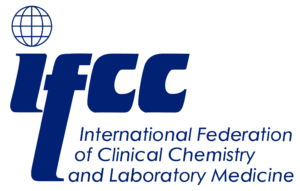Objective
We sought to evaluate whether procalcitonin was superior to C-reactive protein in guiding antibiotic therapy in intensive care patients with sepsis.
Design
Randomized open clinical trial.
Setting
Two university hospitals in Brazil.
Patients
Patients with severe sepsis or septic shock.
Interventions
Patients were randomized in two groups: the procalcitonin group and the C-reactive protein group. Antibiotic therapy was discontinued following a protocol based on serum levels of these markers, according to the allocation group. The procalcitonin group was considered superior if the duration of antibiotic therapy was at least 25% shorter than in the C-reactive protein group. For both groups, at least seven full-days of antibiotic therapy were ensured in patients with Sequential Organ Failure Assessment greater than 10 and/or bacteremia at inclusion, and patients with evident resolution of the infectious process had antibiotics stopped after 7 days, despite biomarkers levels.
Measurements And Main Results
Ninety-four patients were randomized: 49 patients to the procalcitonin group and 45 patients to the C-reactive protein group. The mean age was 59.8 (SD, 16.8) years. The median duration of antibiotic therapy for the first episode of infection was 7.0 (Q1-Q3, 6.0-8.5) days in the procalcitonin group and 6.0 (Q1-Q3, 5.0-7.0) days in the C-reactive protein group (p=0.13), with a hazard ratio of 1.206 (95% CI, 0.774-1.3; p=0.13). Overall, protocol overruling occurred in only 13 (13.8%) patients. Twenty-one patients died in each group (p=0.836).
Conclusions
C-reactive protein was as useful as procalcitonin in reducing antibiotic use in a predominantly medical population of septic patients, causing no apparent harm.

